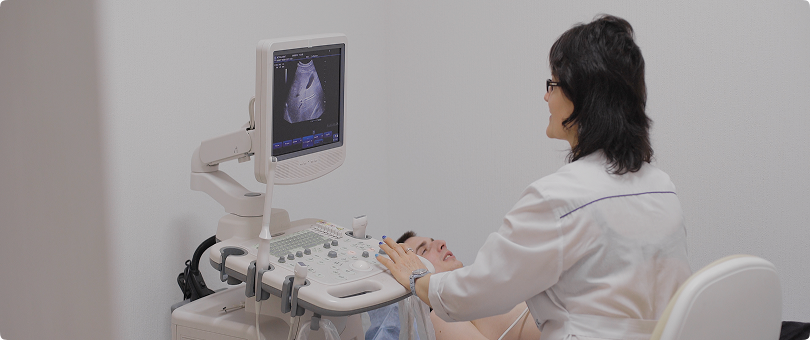Maintaining a healthy heart often means staying on top of regular check-ups with your cardiologist. But how often should you actually see a heart specialist? The answer depends on your individual risk factors, symptoms, and any pre-existing heart conditions. At Apollo Cardiology, we personalise follow-up plans to help you maintain your heart health and prevent serious complications.
For people without heart disease and low risk, seeing a cardiologist once every few years—or even just once after a referral from a GP—may be sufficient. However, if you have risk factors such as high blood pressure, high cholesterol, diabetes, a strong family history of heart disease, or lifestyle factors like smoking, your cardiologist might recommend more frequent visits to monitor and manage these risks.
Those with established heart conditions, such as coronary artery disease, arrhythmias, valve problems, or cardiomyopathy, require more regular follow-up. This could mean visits every 3 to 12 months depending on the severity and stability of the condition. Regular appointments allow for monitoring with tests such as echocardiograms, ECGs, stress tests, or blood tests to adjust treatment as needed.
Age also plays a role in how often you should see your cardiologist. Australians over 50, or those entering retirement age, often benefit from annual or biannual check-ups if they have risk factors or symptoms. These visits can help detect early signs of disease and allow timely intervention. For younger patients with inherited cardiac conditions, lifelong monitoring is often necessary.
Our cardiologist will tailor your follow-up based on your personal risk, symptoms, lifestyle, and response to treatment. It’s important to attend scheduled appointments even if you feel well, as many heart conditions progress silently. If you experience new symptoms such as chest pain, shortness of breath, palpitations, dizziness, or swelling, seek medical review promptly.
Signs You Should Book a Cardiologist Review
- New or worsening chest pain or breathlessness
- Unexplained fatigue or swelling in legs
- Palpitations or irregular heartbeats
- History of heart attack, stroke, or heart surgery
- Family history of sudden cardiac death or inherited heart disease
FAQs
Q: Can my GP manage my heart health, or do I need a cardiologist?
A: Your GP plays a vital role in heart health, but complex conditions or unclear symptoms warrant cardiologist involvement.
Q: What tests will I have during check-ups?
A: Depending on your condition, this could include ECG, echocardiogram, stress test, blood tests, or heart rhythm monitoring.
Q: How do I prepare for a cardiology appointment?
A: Bring a list of current medications, symptoms, family history, and any recent test results. Being organised helps your cardiologist assess you better.
Q: What if I miss an appointment?
A: Try to reschedule promptly. Regular follow-up is key to preventing complications.
Key Takeaways
- Frequency of cardiology visits depends on your risk and heart health status.
- Low-risk individuals may only need occasional check-ups, while higher-risk or heart disease patients need more frequent visits.
- Regular monitoring helps adjust treatments and catch problems early.
- Never ignore new or worsening symptoms—seek prompt medical advice.
- Working closely with your cardiologist and GP ensures the best outcomes.
If it’s time for your heart check-up or you have concerns about your heart health, request an appointment with Apollo Cardiology. Our team is here to provide expert care tailored to your needs.
Disclaimer
The information provided on this blog is for general educational purposes only and is not intended as a substitute for professional medical advice, diagnosis, or treatment. Always seek the guidance of your doctor or other qualified healthcare provider with any questions you may have regarding your health or a medical condition. Do not disregard medical advice or delay in seeking it because of something you have read on this website.




